Facebook ads are extremely beneficial for any brand. They’re crucial for increasing revenue, brand awareness and impressions. If you aren’t already running your own paid ads, it’s definitely a route to invest in!
We’ve put together a quick guide with everything you need to know about Facebook ads and their learning phase so that you can make the most of your paid ad strategy.
Let’s get started, shall we?
What is the Facebook ads learning phase?
The learning phase starts as soon as you launch a new Facebook ad set, and resets when you make an edit to an existing ad.
During the initial learning phase, Facebook will be optimising or ‘learning’ everything about your ad based on the creative, ad copy, audience, interests and everything else! The overall aim is to optimise the ads and create more conversions for your brand.
The more conversions you receive, the better Facebook understands the top-performing factors and what is most likely to convert in future.
How does the Facebook ads learning phase work?
When your ad is in the learning phase, Facebook gains insights about the ad set and analyses data such as ad placement, audiences, the creative and more. The more frequently an ad is shown, the more relevant data it can collect. Once Facebook harvests this data, it can show the ad to the right person at the right time.
For example, if you’re searching for a dress to wear to a concert, being targeted by an ad once the concert has been and gone is pointless. You’ll need to be targeted with an ad ahead of time for the impression to convert into a sale.
How long does the Facebook ads learning phase last?
Once an ad set goes live, Facebook needs around 30-50 conversions within the space of a week to exit the learning phase. After seven days, your ad will change to “active”, “learning”, or “learning limited”, depending on how many conversions the ad achieves. You can determine which phase you’re in by looking at the delivery column in your ad account:
1. Learning
When the delivery column reads ‘learning’, your ad or ad set is in the learning phase. Facebook analyses your content and optimising to improve your ad results and visibility.
2. Learning Limited
After several days, if your ad set is still within the learning phase, it will read “learning limited”. Not exiting the Facebook learning phase can happen for various reasons: budgets being too low, audience sizes being too small, or having too many ad sets running, etc.
3. Active
When your ad set is set as “active”, your ad is officially out of the learning phase! It’s crucial that once the ad set gets to this phase, you avoid making any changes. Otherwise, you’ll be back to square one, and you’ll have to begin the process all over again.
What are best practices for the learning phase?
During the learning phase, ad sets usually have a higher CPA (cost per action) - the process that allows you to pay only for actions that people take because of your ad. The whole aim of Facebook ads is for them to convert into purchases, views or whatever measurement you’re aiming for. To exit the learning phase efficiently, there are best practices you should be consistently following:
1. Avoid any edits
Whenever you edit your ad set, the learning phase will be impacted. Making any unnecessary changes to creative, copy, or any components that make up your ad will send you back into the Facebook learning phase. To avoid this, make sure you’re completely happy with your ad before you set it live.
2. Use realistic budgets
To get the most out of the learning phase, it’s beneficial to set a budget large enough to gain at least 50 conversions.
3. Avoid high search volumes
According to Facebook, when you increase the number of ad sets, the delivery system learns less about each ad because there are more to analyse. By using fewer ad sets, the system can analyse all of the ads in more depth.
4. Be patient!
Finally, another best practice for the Facebook ads learning phase is to be patient. Remember that during the initial learning phase, it’s completely normal for performance to fluctuate and change drastically. If performance drops off within the learning phase, it’s easy to panic and rush to amend the ad. However, this could be detrimental to the overall outcome. The key is to simply be patient; any amends can wait until you know the outcome of the learning phase.
And there you have it, a quick guide to the Facebook ads learning phase! Want to know more about the ins and outs of paid social? Get in touch today and see what we can do for your brand.

















.svg)